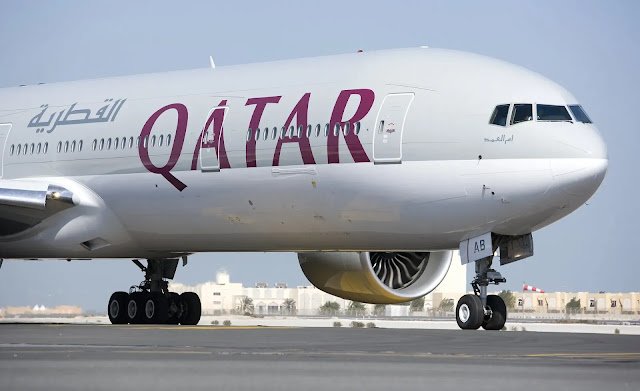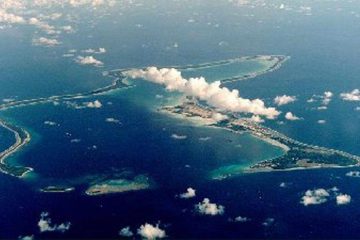Qatar: A Rising Influence in the Gulf Region

Introduction
Qatar, a small but economically robust country located on the northeastern coast of the Arabian Peninsula, has emerged as a significant player in the Gulf region and beyond. With its substantial natural gas reserves and ambitious development plans, Qatar’s influence is growing in various sectors, including finance, culture, and sports. Understanding the recent developments in Qatar is essential for recognizing its role in global affairs.
Economic Growth and Diversification
Qatar boasts the third-largest reserves of natural gas in the world, which has driven its exceptional economic growth over the last two decades. The nation’s GDP per capita ranks among the highest globally. However, in response to fluctuating oil prices and the need for sustainable development, Qatar has launched a National Vision 2030 initiative aimed at diversifying its economy beyond hydrocarbons. This includes investments in education, health care, and infrastructure.
Sports and Cultural Development
Qatar has made significant investments in sports, positioning itself as a hub for international events. Most notably, the country hosted the FIFA World Cup in 2022, becoming the first Middle Eastern nation to do so. This event put Qatar on the global sporting map and spurred a massive infrastructure overhaul, including state-of-the-art stadiums and transportation systems. In addition to sports, Qatar is fostering cultural engagement with projects like the Museum of Islamic Art and the National Museum of Qatar, both of which celebrate its rich heritage and position it as a cultural leader in the region.
Political Role and Regional Relations
Politically, Qatar maintains a complex relationship within the Gulf Cooperation Council (GCC) and broader Middle Eastern geopolitics. The nation has often served as a mediator in regional conflicts due to its relatively neutral stance. However, its support for various groups has led to tensions with neighbouring countries, particularly Saudi Arabia and the UAE. Recent developments have shown Qatar’s desire to balance its international ties while strengthening its domestic policies and stability.
Conclusion
Qatar’s trajectory reflects its aspirations to solidify its status as a significant power in the Gulf region and on the global stage. As the country continues diversifying its economy and expanding its cultural and sporting initiatives, it is likely to attract more international partnerships and investments. The implications of Qatar’s rise extend beyond its borders, influencing regional dynamics and setting a precedent for smaller nations seeking to elevate their global standing.









